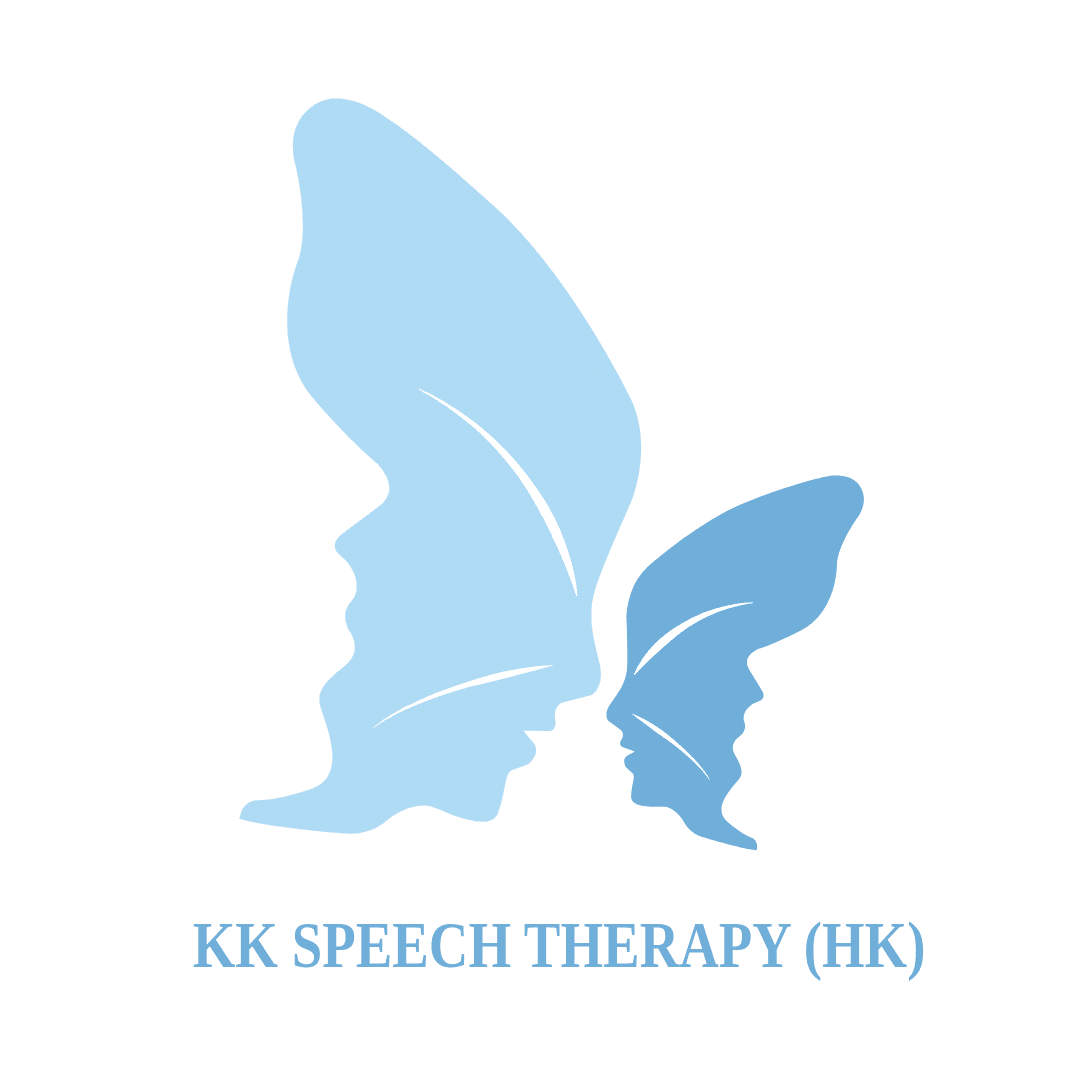Stuttering Speech Therapy
At KK clinic, our speech therapists will first conduct a comprehensive evaluation of the child’s or patient’s stuttering. The assessment includes observing and recording the frequency, types, and duration of stuttering events, analyzing potential triggers, and gathering background information on family and developmental history. Through this evaluation, we can determine the severity of the stuttering and develop a personalized treatment plan.



What is stuttering?
Stuttering is a communication disorder that affects the fluency of speech. It can create challenges in daily communication, learning, work, and social interactions. Stuttering symptoms may appear during a child’s language development and can persist into adulthood. With professional speech therapy for stuttering, many individuals experience significant improvement.
Characteristics of Stuttering:
- Repetition of syllables or words (e.g., “I…I…I…want to go to the beach”).
- Prolongation of sounds (e.g., “I want to go to the bea—ch”).
- Sudden pauses or blocks in speech (e.g., “I want to go to the bea -ch”).
- Secondary behaviors: Physical actions due to excessive tension (e.g., blinking or trembling hands/feet).
Common Symptoms of Stuttering:
Symptoms of Stuttering varies from person to person, but common signs include:
- Word avoidance: Deliberately avoiding words or phrases that may trigger stuttering.
- Use of filler words: Frequent use of “um,” “uh,” or similar words to mask pauses.
- Situation avoidance: Avoiding situations requiring speech, such as social gatherings or public speaking.
- Muscle tension during speech: Tightness in the lips, tongue, or other oral muscles.


If you notice these characteristics or symptoms of stuttering, it is recommended to seek a stuttering assessment and professional help as early as possible.
Who can benefit:
- Adults suspected of or diagnosed with stuttering
- Children aged 4 and above suspected of or diagnosed with stuttering
Why KK Speech Therapy?
- Trilingual Therapy Services: Our speech therapists are all bilingual and are able to deliver therapy fluently in Cantonese, Mandarin, and English to meet the needs of diverse linguistic backgrounds with utmost professionalism.
- Experienced and Trusted Speech Therapy Team: Our team has extensive expertise, successfully supporting numerous adults in improving language and swallowing abilities.
- Personalized Treatment Plans: We design tailored intervention strategies based on each client’s unique needs and circumstances.
- Ongoing Progress Monitoring and Adjustments: We regularly assess treatment outcomes and adapt strategies to ensure therapeutic goals are met.
- Supportive Family Program: We empower family members to become the most effective supporters of stroke patients as well as effective advocates for their child’s language and social development.
Contact Us
WhatsApp: +852 96274551
WeChat: KKspeechtherapy
